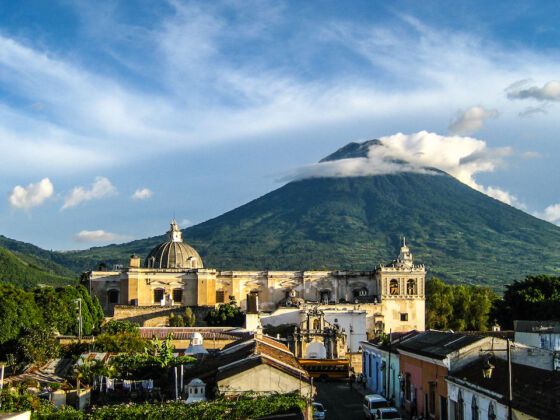I WORK FOR A CANADIAN non-governmental organization in Guatemala, high up in the mountains of Comitancillo, San Marcos.
According to the Human Development Index, Guatemala is one of the poorest countries in the Americas, and has one of the worst rates of literacy, maternal mortality, and unemployment.
Canada ranks fourth.
Guatemala ranks 118th.
While Comitancillo is the poorest municipality of Guatemala, the women with whom I work are radiant and strong. A few weeks ago we went to a nearby village to participate in the closing ceremony of one of our leadership classes. I met one of the most empowered women I have ever known, a bright and motivated mother of 12 children, 10 of whom are living.
